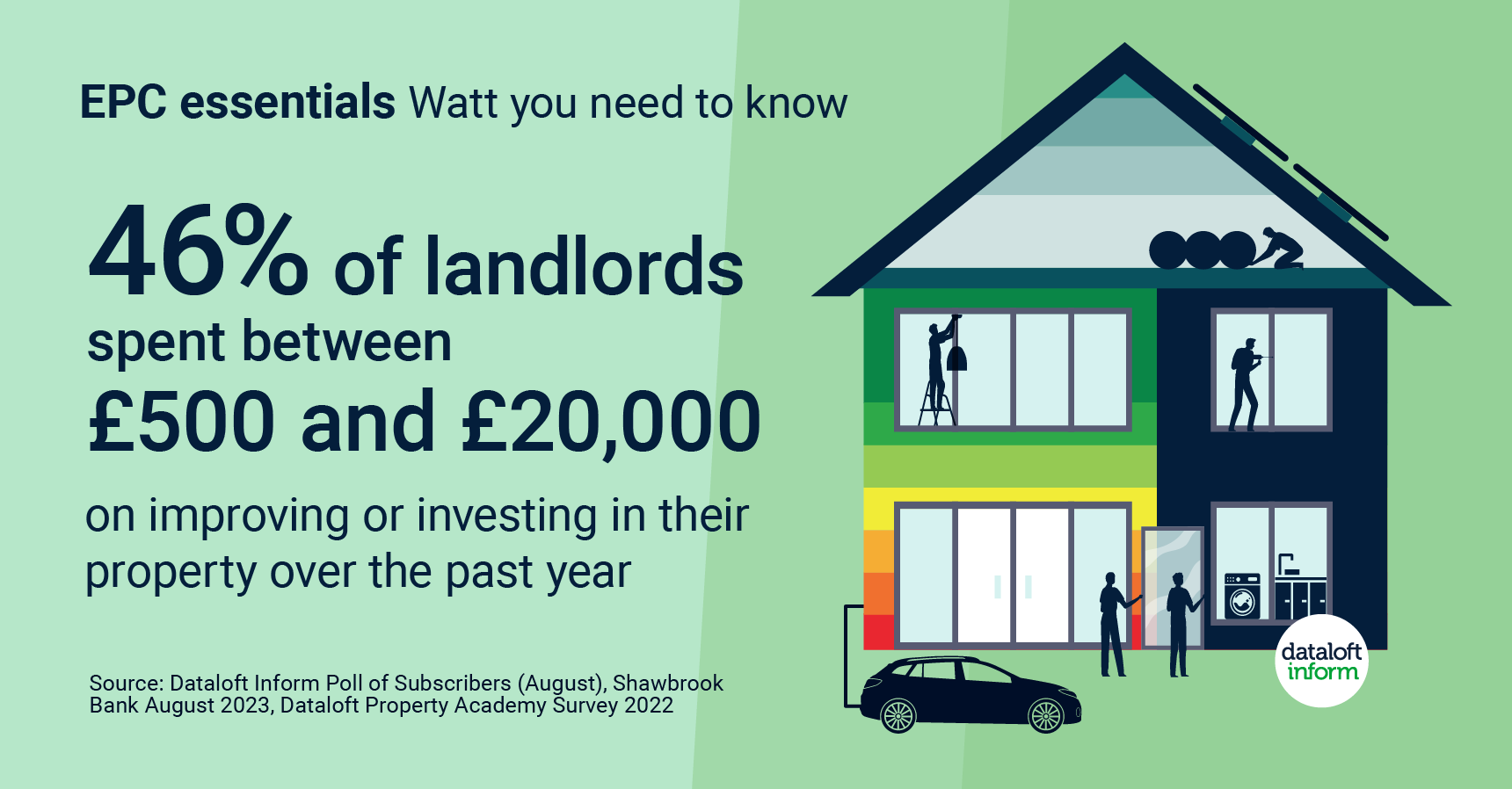
In August 2023, the UK government made a significant decision by scrapping the regulation that would have required all newly rented properties to have an Energy Performance Certificate (EPC) rating of at least C by 2025. This move has generated quite a buzz in the property market, leaving both landlords and renters wondering about its implications. However, it appears that many landlords have already taken proactive steps to improve the energy efficiency of their properties, and the data shows that this investment is far from being in vain.
The Shift in Policy
The government's decision to abandon the 2025 EPC rating requirement has undoubtedly been met with mixed reactions. While some may view it as a relief, others argue that the regulation would have pushed the industry toward more energy-efficient housing. Nonetheless, it's essential to consider the reasons behind this policy shift and its potential impacts on the real estate landscape.
Landlord Investments in Energy Efficiency
Despite the policy change, it is heartening to note that four out of every five landlords have already taken steps to ensure compliance with the now-scrapped EPC rating requirement. This indicates that a substantial portion of landlords acknowledges the importance of energy-efficient properties and, in turn, the benefits they offer to both the environment and their tenants.
Furthermore, nearly half of the landlords surveyed have invested between £500 and £20,000 on improving or investing in their properties over the last year. This is a significant commitment to enhancing the energy efficiency of their rental units, which is a commendable move in the direction of a more sustainable future.
Future-Proofing Investments
While the policy may have shifted, the investments made by landlords in improving energy efficiency will not be in vain. Landlords with modern, energy-efficient properties are likely to attract more environmentally-conscious renters and be well-prepared for any future legislative changes.
The increasing awareness of environmental issues has led to a significant shift in tenant preferences. Over three-quarters of renters surveyed have indicated that an EPC rating is an important factor when considering a rental property. This reflects the growing demand for energy-efficient homes, as renters not only seek comfort but also want to reduce their carbon footprint.
Additionally, EPC ratings are also gaining importance in the property buying market. Over two-thirds of potential buyers express a keen interest in a property's EPC rating, as it factors into their decision-making process. This means that landlords who have invested in improving their properties' energy efficiency are likely to see greater demand from both renters and potential buyers, thereby increasing the overall value of their investments.
The scrapping of the regulation that would have mandated a minimum EPC rating of C for newly rented properties by 2025 may have caused uncertainty and debate within the property industry. However, the data shows that the impact of this change is not as dire as it may seem. Landlords have recognized the importance of energy-efficient properties and have already taken substantial steps to improve the energy performance of their rental units.
While the policy may have shifted, the investment made by landlords in creating more sustainable and energy-efficient homes will continue to benefit them. The growing awareness of environmental concerns and the demand for energy-efficient housing from both renters and buyers make these investments not only eco-friendly but also financially sound decisions. As a result, landlords who have embraced this trend will be well-prepared for any future legislative changes and can expect to see increased demand for their properties.









